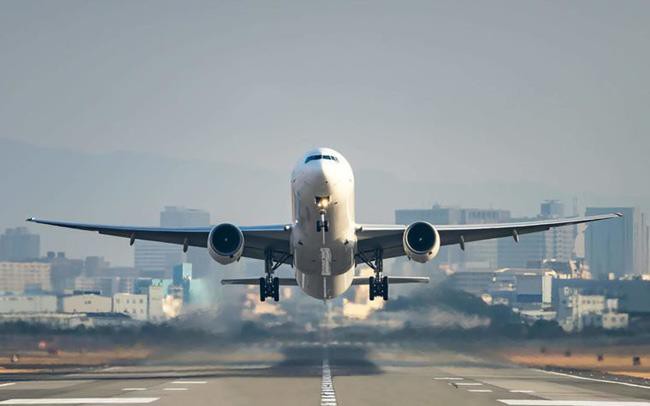Vingroup suspends airline project
Vingroup’s investment in the aviation industry could lead to a surplus in supply, while the group needs to focus its resources on the industrial and technology businesses.
Vietnam’s largest private conglomerate Vingroup on January 14 announced its decision to withdraw from the aviation market and suspend the project of setting up Vinpearl Air, said the group in a statement.
| Illustrative photo. |
Vingroup said it has notified the decision to the Ministry of Transport, saying it would prioritize resources for its core businesses namely industrial and technology. The group, however, will maintains the operation of the flight training center VinAviation School, and take part in aviation infrastructure projects.
Previously, in its proposal submitted to Hanoi’s Department of Planning and Investment, Vinpearl Air was planned to start commercial operation by this July with six narrow-body aircraft and an investment of VND4.7 trillion (US$203.23 million).
According to the proposal, Vinpearl Air planned to add six planes on average per year to expand its fleet to a total of 30 by 2024, including 21 narrow-body and 9 wide-body aircraft. By 2026, the number could go up to 42 airliners.
To prepare for the takeoff, Vingroup renamed its subsidiary VinAsia Development Service and Trading to Vinpearl Air with registered capital of VND1.3 trillion (US$56 million).
As of present, the Vinpearl Air project has received approval from the Ministry of Planning and Investment, and is being submitted to Prime Minister Nguyen Xuan Phuc for consideration. Other airline projects Vietravel Air and Kite Air are in the same status.
Nguyen Viet Quang, Vingroup’s CEO, said despite the huge potential of Vietnam’s aviation market, “Vingroup’s investment in the sector could lead to a surplus in supply for the aviation market, while the group needs to focus its resources for the industrial and technology businesses.”
In early July 2019, Vingroup and Canada-based flight training provider CAE signed an agreement to cooperate in training pilots and aircraft engineers, with an aim of providing 400 pilots and aircraft engineers every year meeting standards set up by the Civil Aviation Administration of Vietnam (CAAV), US Federal Aviation Administration (FAA), and the European Union Aviation Safety Agency (EASA).
Vietnam currently has five operational airlines which are Vietnam Airlines, budget operator Jetstar Pacific Airlines (partly owned by Vietnam Airlines), budget carrier Vietjet Aviation, Vietnam Air Services (VASCO) and Bamboo Airways, which flew for first time in January this year.












